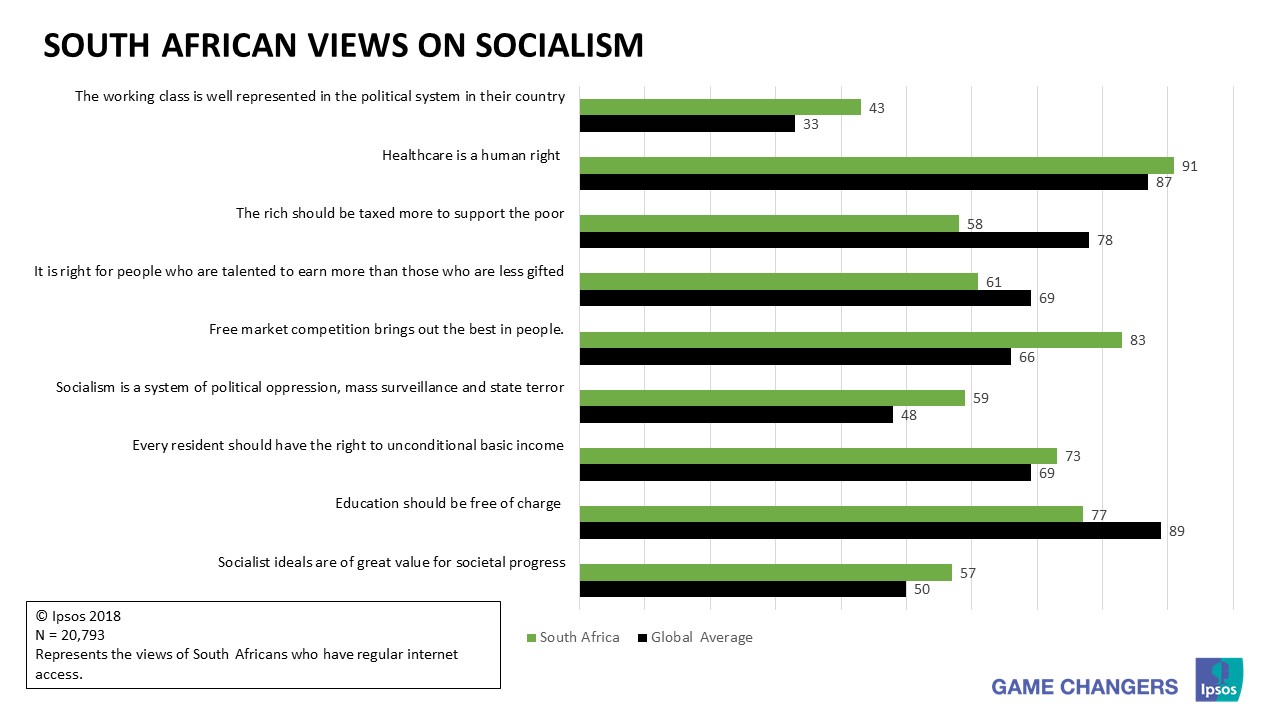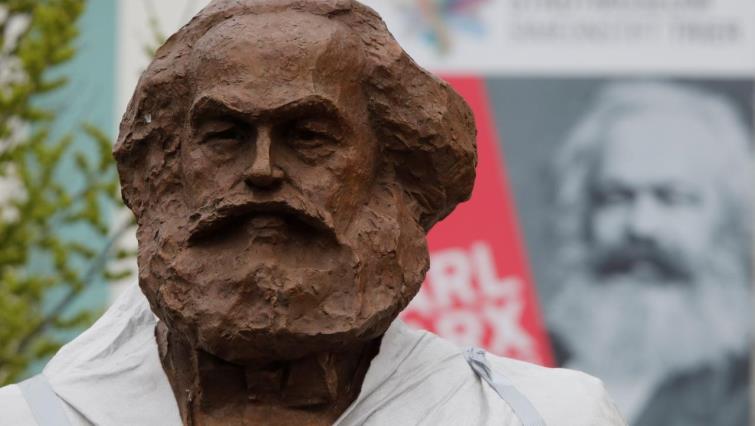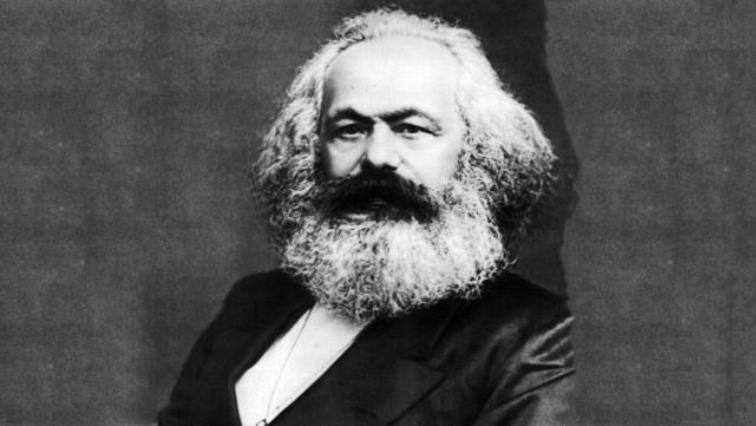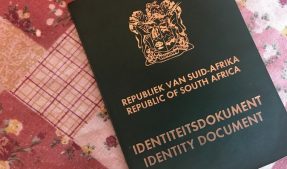Globally half think socialist ideals are of great value for societal progress, in South Africa 57% of “connected” South Africans share this opinion. With the 200th anniversary of Karl Marx birth on Saturday, Ipsos undertook an internet survey probing some aspects regarding socialism.
Some highlights:
• Half of the people around the world think that at present, socialist ideals are of great value for societal progress. Despite this, half of the people also agree that socialism is a system of political oppression, mass surveillance and state terror. In South Africa, more than the global average, almost six in every ten (59%) share this view.
• Globally, eight in ten people think that the rich should be taxed more to support the poor. Connected South Africans were the most critical of all the populations surveyed and only 58% supported this notion.
• Around the world nine in ten people believe that education should be free of charge (three quarters of connected South Africans agree) and that free healthcare is a human right. Connected South Africans strongly support the opinion that free healthcare is a human right (91%).
• Nearly seven in ten people globally (69%) believe that every resident should have the right to unconditional basic income. Almost three quarters (73%) of South Africans agree.
The latest Ipsos Global Advisor survey was carried out online in 28 countries (including South Africa) around the world and explores the perceptions of socialist ideas in the 21st century. The findings highlight considerable differences, including skepticism and approval between countries in the way in which socialist ideas are currently perceived:

• Half of the people globally (50%) agree that at present, socialist ideals are of great value for societal progress. Chinese people are most likely to agree (84%) followed by people from India (72%) and Malaysia (68%). This contrasts with the USA (39%), France (31%), and Hungary (28%). Respondents in Japan are least likely to agree, only two in ten of the Japanese (21%) believe that socialist ideals are of great value for societal progress. With 57% of South Africans agreeing that socialist ideals are of great value for societal progress, we feel stronger about this issue than the average world citizen.
• Nearly half (48%) worldwide agree that socialism is a system of political oppression, mass surveillance and state terror. In India (66%), United States (61%) and South Korea (60%) almost two thirds agree with this negative evaluation. South Africans are also rather outspoken against it and almost six in every ten (59%) are agreeing with the statement. (It thus seems that South Africans think that a socialist state is oppressive, but they can agree with using different socialist elements and ideas in society.)
• Almost seven in ten people globally agree (66%) that free market competition brings out the best in people. People in India (86%) were most likely to agree followed by people from Malaysia (84%), Peru and South Africa (both 83%). In contrast only about half of respondents in Sweden (52%), Belgium (51%), Germany (49%) and France (43%) agree.

• Overall, half of the people who responded to the survey (52%) think that individual freedom is more important than social justice. People in India (72%), the US (66%) and South Africa (64%) are most likely to believe that individual freedom caries greater importance than social justice. Whereas people in Germany (38%), China (37%) and France (36%) are least likely to agree.
• Nearly seven in ten agree (69%) that it is right for people who are talented to earn more than those who are less gifted. Romanians, Russians (82% each), South Koreans and the Chinese (both 81%) are most likely to agree while only about half of the respondents in Belgium (56%), France (51%) and Germany (47%) think the same. South Africans are also rather lukewarm about this issue, but six in ten (61%) think that individual talents should be rewarded.
• Across all 28 countries nearly eight in ten people (78%) think that the rich should be taxed more to support the poor. Agreement is highest in Spain (87%), Serbia, China (both 86%) and Russia (85%), whereas it is lowest in the USA (67%), Brazil (66%) and South Africa (58%).
• 89 percent of all respondents think that education should be free of charge. Russians are most likely to agree (98%) followed by Serbs and Romanians (97% each). Respondents in Japan are least likely to believe that education should be free of charge (64%). The idea has considerable less (but still substantial) support in the USA and the South Africa (77% each).
• Most respondents believe that healthcare is a human right (87% each). Russians, Serbs and Mexicans are with 96% most likely to think this way. South Koreans (74%), people in the USA (72%) and respondents in Japan (47%) are least likely to agree. In South Africa, more than nine in every ten (91%) agree that healthcare is a human right.
• Asked whether every resident should have the right to unconditional basic income, 69% of all respondents agree. In Russia 95%, in Turkey 87% and in India 83% agree. Swedes (56%), Argentinians (53%) and people from Japan (38%) are least likely to agree. In South Africa, 73% of respondents believe that every resident should have the right to unconditional basic income. The same proportion of respondents in Great Britain, Brazil, Canada and South Korea share this opinion.
• Only one third (33%) of all respondents think that the working class is well represented in the political system in their country. A higher proportion of 43% of South African respondents agreed that the working class is well represented in our political system. The statement finds most support in Saudi Arabia (64%), India (63%) and China (60%). The French (19%), Mexicans (19%) and people from Serbia (14%) are the least likely to agree.
• More than half of the people worldwide (62%) believe that their opinions are different from the opinions of others. In Russia (81%), Romania (77%) and Turkey, South Africa, Japan, Malaysia (all 74%) all see themselves as having pretty unique opinions about most issues.. In Chile (51%), Great Britain (50%) and Australia (47%) around of half of the respondents regard their opinions as distinct.






